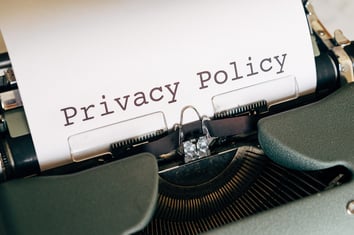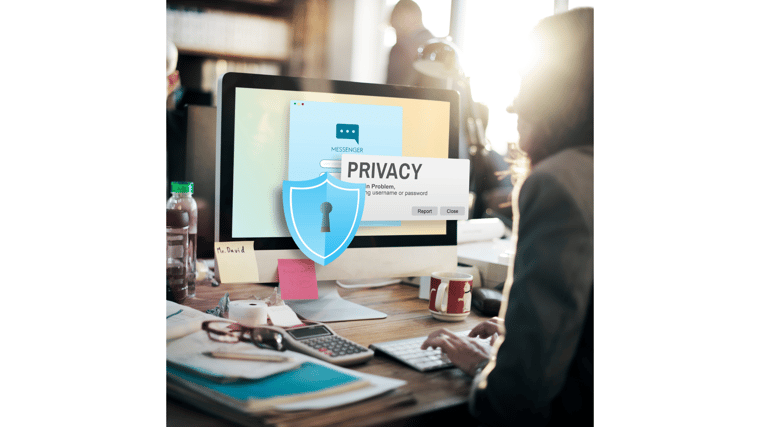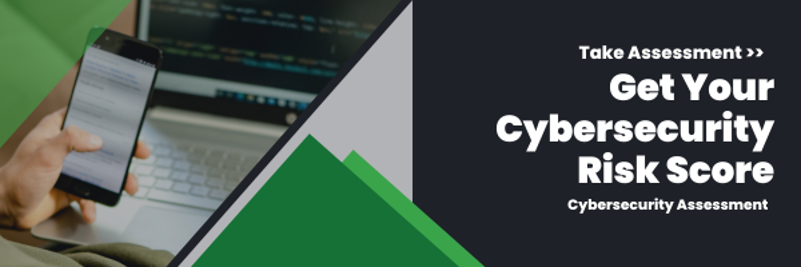In fact, about 90% of the world’s data was created in the last two years. Companies are collecting, sharing and using data at unprecedented rates to gather insights on consumers and their online habits as they communicate and connect online.
However, this raises concerns about how personal data is handled, primarily if the platform doesn’t adequately protect data, which can lead to data breaches and compromised privacy. Privacy is a fundamental right, and users have expectations on how their data is collected and used. That’s why the concept of data privacy has become a crucial topic in maintaining a functional digital ecosystem.
Let’s take a deep look at data privacy, its challenges and how individuals and companies can safeguard this sensitive information.
Read: How to Prevent Data Loss
What Is Data Privacy?
Data privacy, also known as information privacy, is a subset of data security, which focuses on implementing cybersecurity measures to protect data from breaches, malicious cyber attacks and unauthorized access.
Data privacy is about the responsible management of personal data from both individuals and companies, making it a two-pronged issue. It empowers individuals with the right to secure their personal information while holding companies accountable for transparent, compliant data management practices. In a nutshell, data privacy addresses how the data is collected, processed, stored, shared and handled, as well as adherence to regulatory obligations on national and international levels. This is to prevent unauthorized access and maintain data integrity.
Individuals and businesses must be vigilant about when, where and how data is stored and who is authorized to access it, including third parties. It revolves around protecting sensitive information, including:
- Personally identifiable information (PII) like names, addresses, birthdays, phone numbers, SSN
- Personal health information (PHI)
- Financial information like credit cards and banking information
- Intellectual property
- Online behavior like which websites people visit, what they buy and who they talk to
However, data privacy can extend beyond PII and PHI to include organizational data that’s crucial for operations, like proprietary research.
Why Is Data Privacy Important?
Data privacy should be a top priority for both individuals and companies, as failure to ensure data privacy can lead to numerous issues:
- Cyber attacks and fraud
- Breached data
- Hefty fines
- Damaged reputations
- Broken trust
- Lost revenue
- Lack of a competitive edge
- Compromised accounts and systems
- Unwanted tracking and monitoring
Companies must be transparent in how they collect, store and manage the data. This helps build accountability, reliability and integrity with customers and proves that they can be trusted to handle personal data. Some even argue that when individuals know that their data is properly handled, they’re more willing to share information, which can then be used to derive valuable insights, drive personalized experiences and advance research and development.
From an individual perspective, people have the right to be free from unwanted surveillance and to understand how their data is used. If someone wants to keep their data private, they should have the right to do so.
Data Privacy Regulations
As mentioned earlier, data privacy includes meeting national and international regulatory requirements. Governments worldwide have recognized the importance of protecting data and have issued regulations on what data can be collected and how it can be used, stored and protected. These regulations will depend on where the company is located, whether it works in other regions or countries and what industry it is in.
If a company fails to meet compliance, they risk huge fines, legal repercussions and damaged reputations, so companies must know these regulations and any pending legislation so they aren’t blindsided. The current list of major regulations includes:
- California Consumer Privacy Act (CCPA)
- Children’s Online Privacy Protection Act (COPPA)
- Electronic Communications Privacy Act (ECPA)
- Fair Credit Reporting Act (FCRA)
- Federal Information Security Management Act (FISMA)
- General Data Protection Regulation (GDPR)
- Gramm-Leach-Bliley Act (GLBA)
- Health Information Portability and Accountability Act (HIPAA)
- Payment Card Industry Data Security Standard (PCI DSS)
- Sarbanes-Oxley Act (SOX)
- Video Privacy Protection Act (VPPA)
Challenges with Data Privacy
Individuals and businesses alike face several challenges when trying to protect personal data, including:
- Data breaches: the frequency and scale of data breaches have risen alarmingly, especially as the attack surface has increased with more businesses and users becoming internet-connected. Cyber criminals continually exploit vulnerabilities to gain unauthorized access. Incidents, including phishing and insider threats, highlight the need for robust security measures to protect against data breaches.
- Big data and profiling: The widespread collection and analysis of big data enables companies to create detailed user profiles. Although this can enhance services and customization, it also raises concerns about unwanted surveillance and the potential misuse of information. It can also lead to data sprawling, which is when companies collect so much data that they don’t know what they have or what is happening with the data; it’s stored in multiple programs across the internet, making it difficult to protect it, let alone keep track of what is where. To counteract this, businesses should have a good data policy that protects information and enables the company to know exactly how much data they own, how it's used and where it’s stored.
- Regulations: The fast-paced evolution of technology has outpaced the development of comprehensive regulations. Legal frameworks struggle to keep up with the challenges posed by new data-driven technologies. Plus, if your company exists in one country but operates in another, it must meet regulations from both countries, making it complicated for businesses to know the exact regulations they must follow, especially as new or updated regulations appear over time.
- Lack of understanding: Most online behaviors and activities are tracked with cookies, but individuals might not know how much cookies track their activities or how this is shared with third parties. Complex privacy settings can make it difficult to understand how data is properly secured.
- Too many devices: The proliferation of the Internet of Things has introduced new avenues for data collection. Although these devices offer convenience and a connected framework, they also raise questions about the security and privacy of the data collected.
Tips on Protecting Data Privacy
Data privacy is not a single approach. Both businesses and individuals must utilize best practices to protect privacy and keep data secure:
- Educate users: Individuals must know the importance of data privacy and how proactive measures can safeguard information. Staff should also be regularly trained on data protection to collect, share and use sensitive data properly.
- Strong encryption: Encryption is a fundamental tool in protecting data from unauthorized access. Implementing robust encryption measures ensures that even if data is intercepted, it remains unreadable without the appropriate decryption key.
- Limit access and collection: Limited access ensures that only the authorized parties can access the data; only give access if staff needs the data to complete their jobs. You should also limit the collection and use of data to what is necessary.
- Enable two-factor authentication: 2FA is an important deterrent against cyber attackers, as it adds an extra layer of security. Even if the hacker gets your login credentials, they can’t gain access to your account without the second authentication factor.
- Use strong passwords: Strong passwords can go a long way in protecting data from unauthorized users.
- Update devices: Keep all devices updated with the latest security software, including antimalware.
- Regularly back up data: Regularly back up data and ensure the backed-up version works.
- Use firewalls: Firewalls can help filter and monitor network traffic and restrict unauthorized access.
Thriveon Can Help with Data Privacy
Although this blog is an excellent start to protecting sensitive data, keeping data secure is hard work, especially if you’re not a tech-savvy business. That’s why working with a managed service provider (MSP) like Thriveon is a preferred method.
Thriveon is a proactive MSP dedicated to protecting clients from cyber attacks with our robust managed IT services while also meeting cybersecurity compliance. We work with companies in numerous industries and locations, ensuring they meet data privacy and security requirements.
Schedule a meeting with us now to get started on protecting your data.

